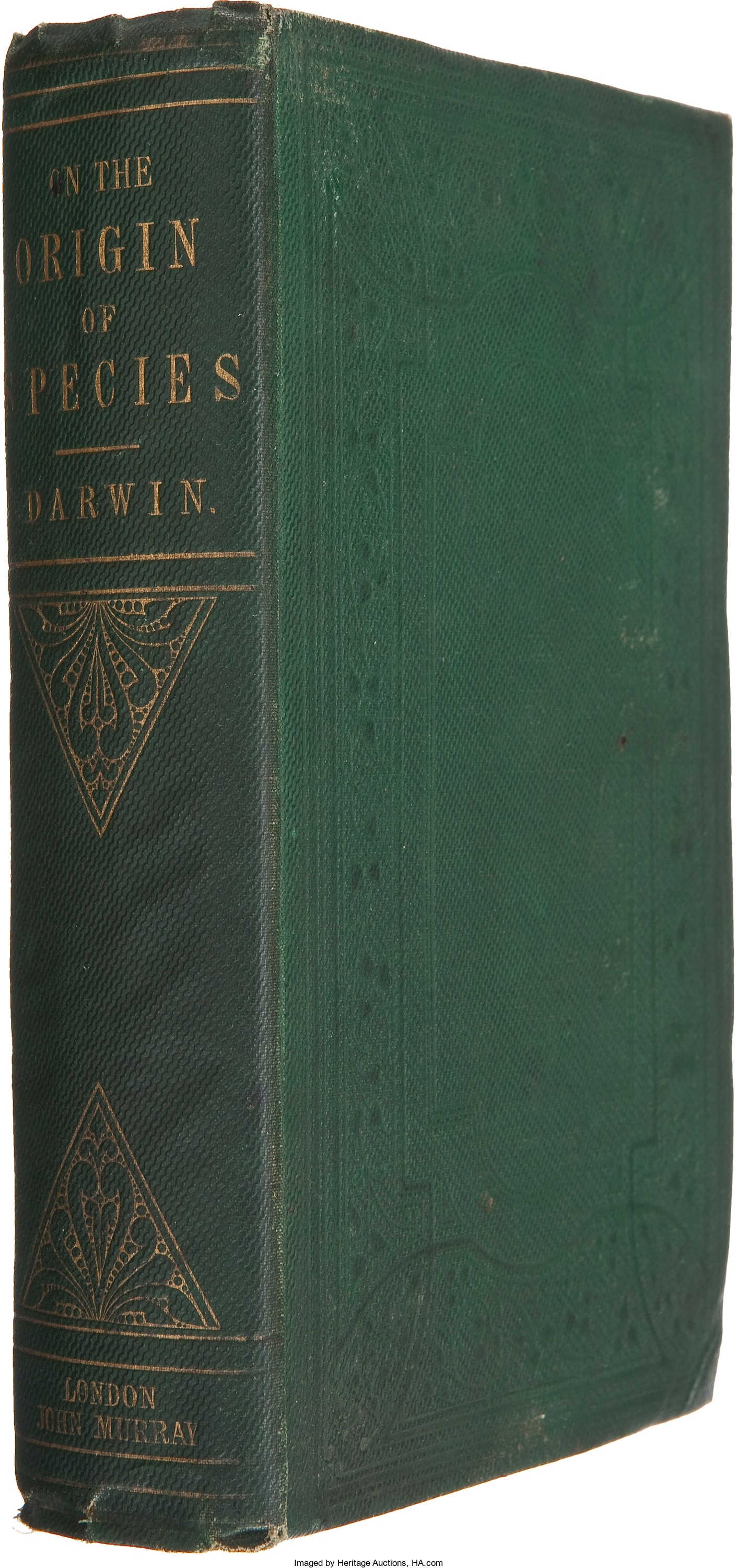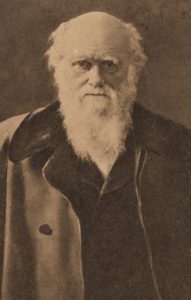
By Jim O’Neal
Charles Darwin is a rich source of interesting facts and one finds him in the most unusual of places. As the most versatile scientist of the 19th century, he originally intended to follow his father into medicine and was subsequently sent to Cambridge to train as an Anglican cleric. Endlessly curious, he was interested in almost any scientific question.
The publication of his book, On The Origin of Species (1859), introduced a new understanding of what gradually came to be known as evolution. In it, he asked fundamental questions. The world teems with plant and animal life. Where and what had it come from? How had it been created?
Darwin was far from the first to propose that a process of change over vast periods had produced this diversity, but he was the first to suggest an explanatory theme, which he called “natural selection.” At the core of Darwin’s idea was that all animal life was derived from a single, common ancestor – that the ancestors for all mammals, humans included, for example, were fish. And in a natural world that was relentlessly violent, only those able to adapt would survive, in the process evolving into new species.

Darwin was honored many times in his lifetime, but never for On The Origin of Species or for The Descent of Man. When the Royal Society bestowed on him the prestigious Copley Medal, it was for his geology, zoology and botany work – not for evolutionary theories. And the Linnean Society was also pleased to honor him, without a mention of his radical scientific work on evolutionary themes. His theories didn’t really gain widespread acceptance until the 1930s and 1940s with the advance of a refined theory called the Modern Synthesis, which combined his work with others.
He was never knighted, although he was buried in 1882 in Westminster Abbey – next to Sir Isaac Newton.
This seems exceptionally fitting given the combined versatility of these two remarkably gifted men with voracious appetites for knowledge. Surely, they must have found a way to communicate with each other after all this time. What a conversation to eavesdrop on!
 Intelligent Collector blogger JIM O’NEAL is an avid collector and history buff. He is President and CEO of Frito-Lay International [retired] and earlier served as Chairman and CEO of PepsiCo Restaurants International [KFC Pizza Hut and Taco Bell].
Intelligent Collector blogger JIM O’NEAL is an avid collector and history buff. He is President and CEO of Frito-Lay International [retired] and earlier served as Chairman and CEO of PepsiCo Restaurants International [KFC Pizza Hut and Taco Bell].
